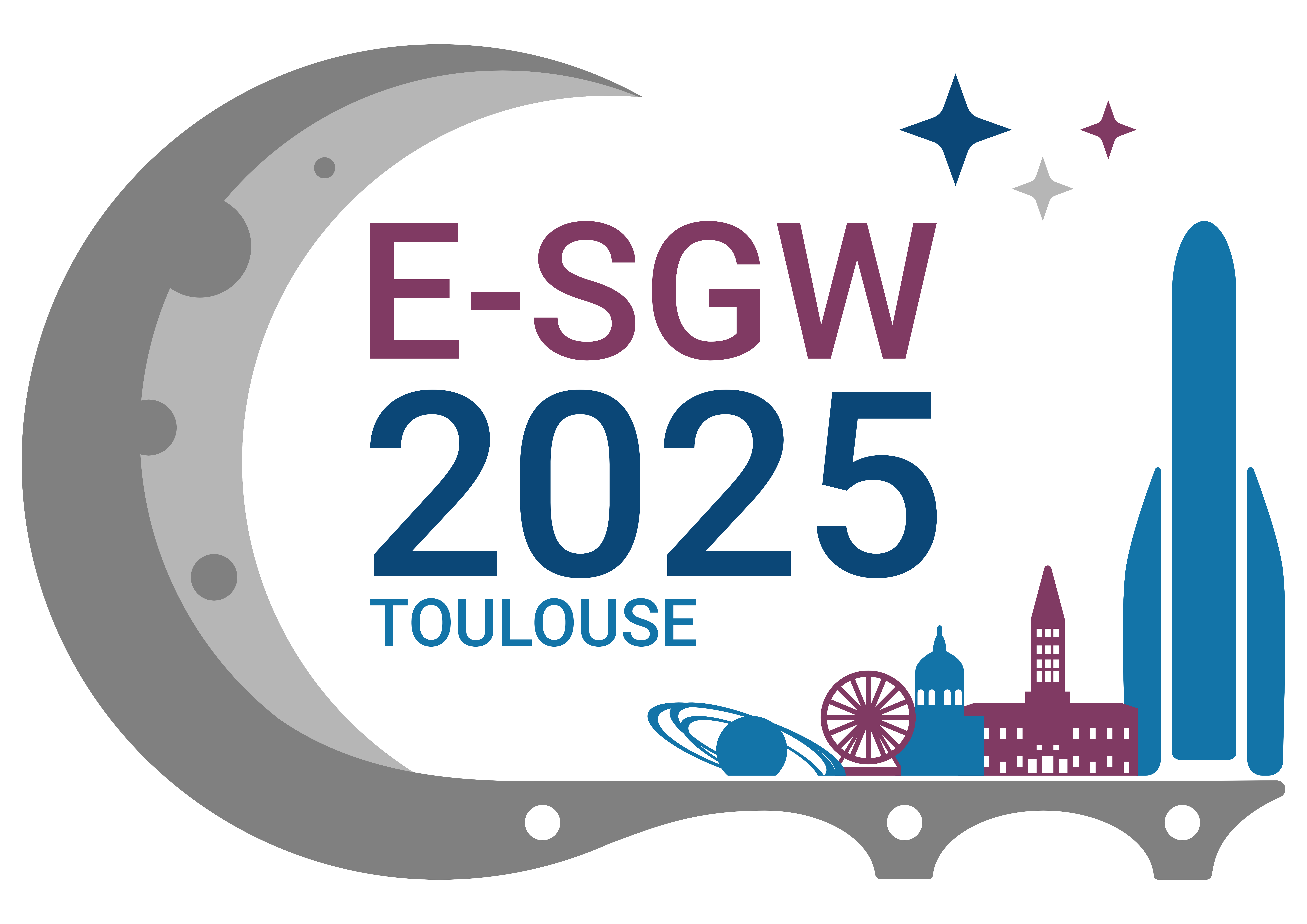W1 - Small Satellites Applications
The new generation of small satellites, such as CubSats, can carry a variety of payloads, from multispectral and hyperspectral cameras to spectrometers that can acquire important and useful information while they are in orbit around the Earth. Several institutions in South America have been developing small satellite technology as independent initiatives, gathering experience relevant for the implementation of small satellite based missions which could benefit the region. This working group will focus on identify benefits of making and acquiring small satellites, the possibilities to generate collaborative programs in this area, and the current state of affairs regarding the technology capacities, towards making a first approach for emergent countries towards the space sector, and serve as a platform for solving some problems of the region that could be aided by the use of space located assets, such as natural disaster control.
W2 - South America in Space Exploration & Analogue Missions
With a growing in interest around the world in crewed missions towards the Moon, Mars, and several outer space destinations, there has also been a development in analogue missions, field tests in locations that have physical similarities to the hostile and extreme space environments that we can find in other locations in outer space. Analogue missions experiments involve testing of new technologies, robotic equipment, vehicles, habitats, communications, power generation, mobility, infrastructure as well as the observation of human factors such as the analysis of behavioral effects, isolation and confinement, team dynamics, fatigue, among others. This working group will identify how South American countries can take part in crewed missions towards space exploration, and boost their participation in analogue missions regarding locations/facilities for the development of analogue missions, formation of human resources for future missions, and interaction between the region and external agencies and institutions.
W3 – Astropreneurs: New Opportunities in the Region
In the early stages of space exploration most activities were undertaken or guided by states, however there is a current trend of private companies developing several aspects of space exploration, creating a new age of space exploration: NewSpace. The South American region could benefit from the development of a space economy ecosystem, by becoming the next hub for the appearance of private space companies. This working group will focus on identifying the market and opportunities existing in the region, as well as the actors needed in the generation of these companies and their current relationships with government, private sector, academia, and society, and the steps to interconnect these actors by analyzing benefits, contributions, operative costs and human resources for each part.
W4 - Space Agencies in South America
South American Space Agencies have been growing in the past years, promoting civilian space activities in the region. Additionally, a Latin American Space Agency (LASA) has been proposed by different space scientists, governments and research institutions. Space Agencies are the enablers in the organization and development of space-related projects, shared knowledge and/or experiences in space technology implementation, identification of applications, among others cooperative activities. However, these institutions need long-term government policies in science, technology and innovation, financial support on research, interest on wide-area risk management, society benefits, etc. This working group will identify the benefits and necessity to have a Space Agency in developing countries, how to overcome the human and financial resources challenges, as well as the option of founding a Latin American Space Agency and its feasibility.
W5 - Space Education & Outreach in South America
Science and space education and outreach are important aspects in the development of human capital in the space sector. Some countries have already created space human capital, while other countries are still on the process. This workshop tries to identify and categories the different capacity building models. This working group will analyze the steps required by the South American countries to develope the necessary educational programs and initiatives to strengthen the local human capital; and to improve the competitiveness of the countries in the sector, through proper outreach to the general public to involve and educate them in the benefits of space.



